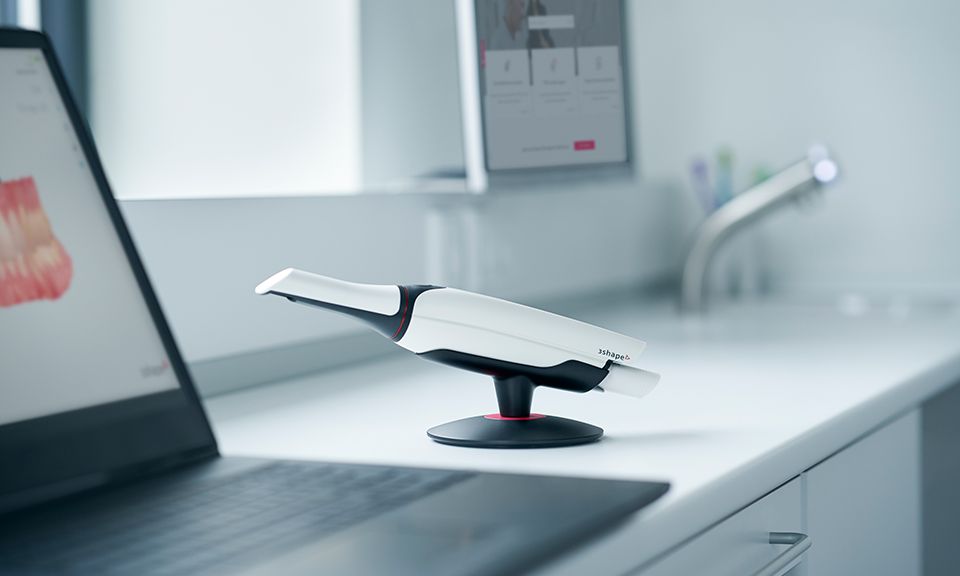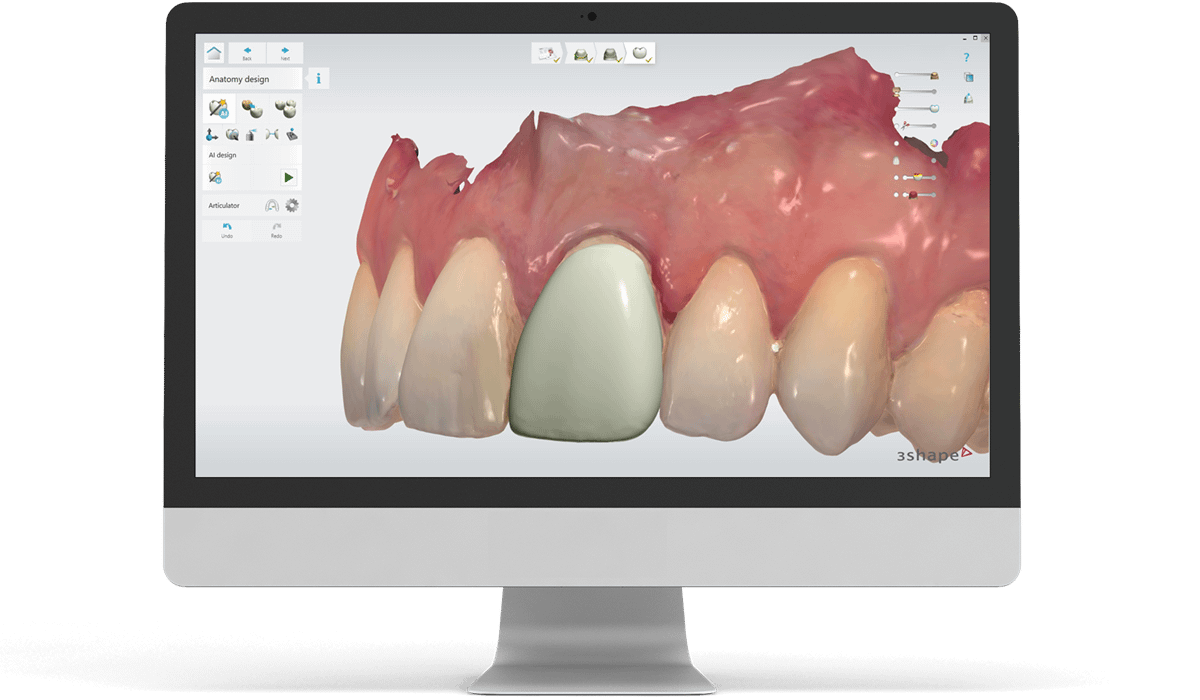- Home
- Blog
- Digital dentistry
- Are intraoral scanner prices s...
Are intraoral scanner prices stopping you from going digital? Then read this.
Recently, 3Shape was fortunate to speak with, now-retired practitioner, Dr. Jonathan L. Ferencz. Dr. Ferencz is not only a renowned lecturer and member of numerous dental organizations, but also a strong advocate for digital dentistry. We appreciate him taking the time to talk about a subject he is very passionate about.
Are intraoral scanners too pricey for the typical practitioner?

“Well… let’s put this in context. Historically, dentists are pretty poor businesspeople. They don't really receive much business training in dental school.
Schools do not really prepare them for managing a practice. Maybe they take some courses, usually after they graduate, but frequently it's too little, too late.
Here’s an example of what happened to me.
During the crash of the market in 2008. When the economy was really down and dental practices were hit very hard, I decided to invest in technology.
This was at a time when my peers were laying off staff and switching their technicians from salary-based compensation to production-based compensation. One of my former students even told me that he was turning the lights off in some of his operatories.
I thought about it. And I said, even if I have a room that's empty, I’m going to keep the lights on. I want people to think that I'm busy and very successful. I never laid off anyone, nor changed anyone's salary.
I decided that if someone is going to take less money, it's going to be me and not my staff.
During this period, I used the downtime to do some research and invest in our practice. I figured that no matter what, the market was going to turnaround. It will always turnaround as long as there are people in New York City with teeth.
Now in terms of investment, I decided to go digital and purchase milling equipment, design software, a scanner, education, and the learning curve.

As predicted, business began to pick up and we stayed busy. Colleagues who laid off staff could not ramp up as quickly. As a result, our return on the investment in technology was off the charts.
When accounting for the savings in chair time, a reduction in material and labor costs, and the increase in new patients, the equipment paid for itself in a few short years. So, it is not the cost of the equipment that is the most important factor…it is how much you use it!
“We need to be better businesspeople as dentists.”
With that model in mind, what would you tell a recent dental graduate? Should they buy an intraoral scanner?
“I think that decision should be based on how many indirect restorations and dentures they are presently producing and if they commit to using the new equipment.
In many cases, graduates have built up tremendous debt just going to school. So, they really must understand how to rapidly build their practice. There are a lot of marketing skills involved.
I know dentists who have practiced for 20-30 years who can't get out of debt or don't have enough money to retire. And I know others who are two years out of school and already own two practices. And both practices are making money. So again, it’s about being a smart, savvy, and maybe, a little bit lucky.”
So, for you, the buying criteria for an intraoral scanner should be based on indirect restorative production?
“Mostly, but it depends on your practice, for example, an orthodontist can certainly benefit from an intraoral scanner. But for GPs and prosthodontists, we use an intraoral scanner for restorative work. But nowadays, scanners like TRIOS, are adding so many more indications like clear aligners, dentures, and implants, as well as features to engage patients with, many doctors don’t even realize how many ways a scanner can help them build their practice.
To be honest, digital dentistry changed the life of not just me, but everyone in my practice.
Dr. Mark McOmie created a formular for assessing intraoral scanner ROI value based on crown production. You can read his story or calculate your own ROI below.